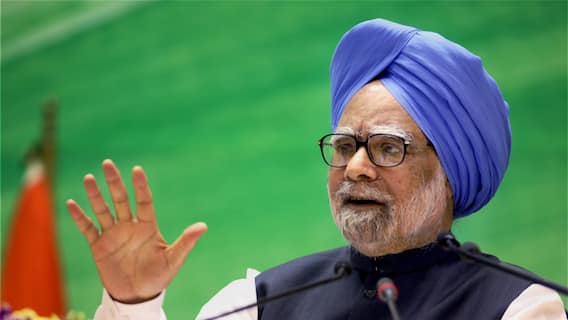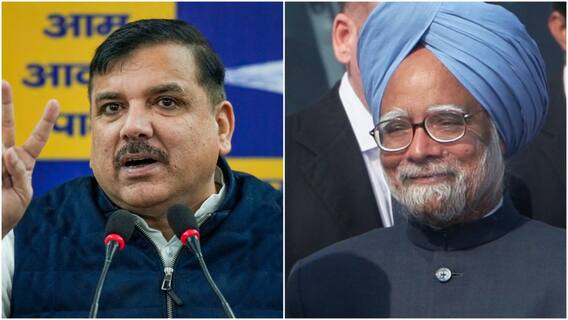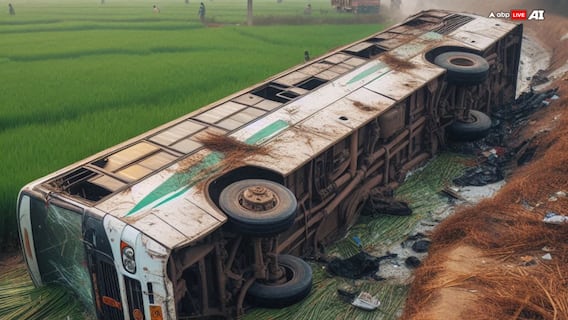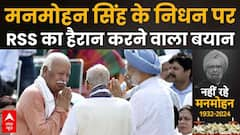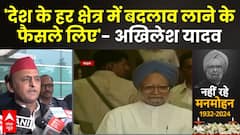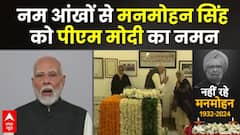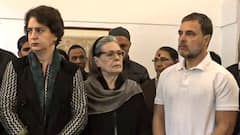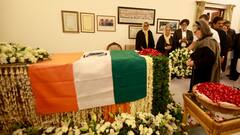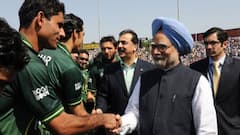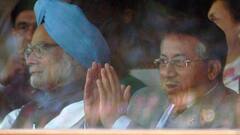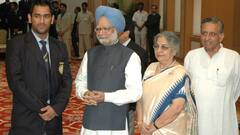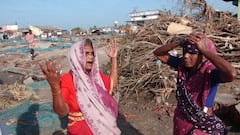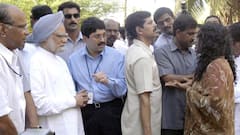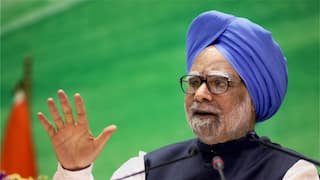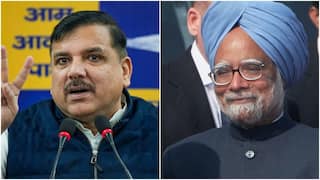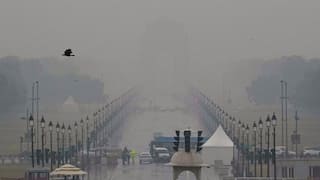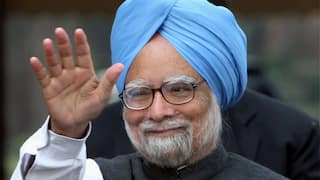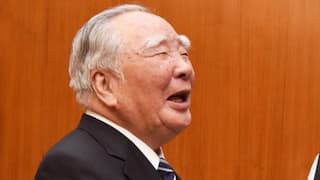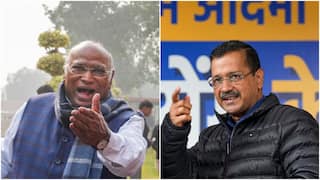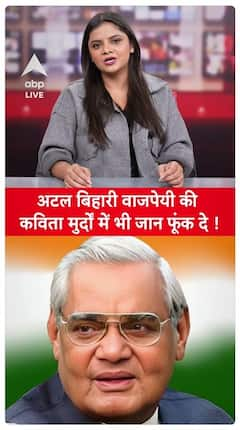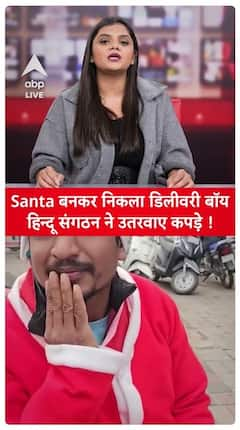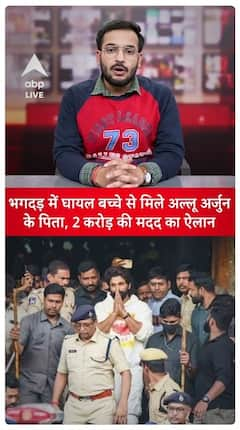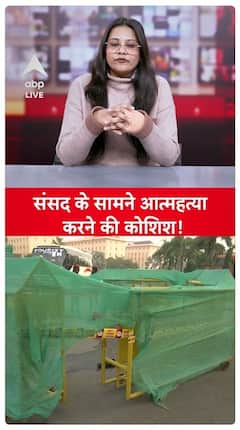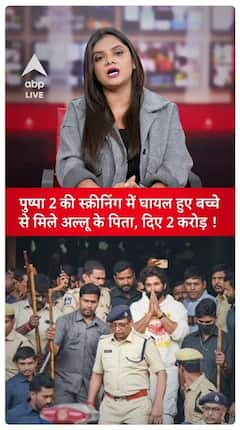Same-Sex Marriage Hearing: Consider Leaving Questions Raised In Pleas To Parliament, Centre Tells SC
The hearing into pleas seeking legal sanction for same-sex marriages entered its fifth day, with the Centre saying the Supreme Court was dealing with a 'very complex subject'.

As the hearing into pleas seeking legal sanction for same-sex marriages entered its fifth day on Wednesday, the Centre requested the Supreme Court to consider leaving questions raised in the petitions to Parliament.
Appearing for the Centre, Solicitor General Tushar Mehta told a five-judge constitution bench, headed by Chief Justice of India (CJI) DY Chandrachud, that the top court was dealing with a "very complex subject" that has a "profound social impact".
"The real question is who would take a call on what constitutes marriage and between whom," Mehta said.
READ | Supreme Court Hearing On Same-Sex Marriage Enters Day 4: Top quotes
SG Mehta told the court that legalising same-sex marriages would have ramifications on several other statutes that would need a debate in the society and also in various state legislatures.
On Tuesday, the bench pondered how far the Supreme Court could go while recognising such marriages, given that adoption, inheritance, etc were governed by personal laws.
The CJI said Parliament had the power to interfere with the canvas covered by these petitions. "Entry 5 of the concurrent list specially covers marriage and divorce. So the question really is which are the interstices left in which this court can interfere...The test really is, how far can the courts go?" the CJI asked.
The top court observed that if same-sex marriage was allowed, then the judicial interpretation, keeping in mind the consequential aspects, would not remain confined to the Special Marriage Act, 1954 and personal laws would also come into play.
Senior advocate Saurabh Kirpal, who appeared in the court on behalf of the petitioners on Tuesday, pleaded for legal validation of same-sex marriage, saying seven per cent of the country's GDP would be affected if the LGBTQ community was denied this fundamental right, PTI reported.
"There cannot be a situation where the court will say that it cannot give everything so it will give nothing," Kirpal said.
On the first day of hearing on April 18, the Supreme Court had made it clear that it would not go into personal laws governing marriages while deciding these pleas and said the very notion of a man and a woman was not "an absolute based on genitals".
Trending News
Top Headlines





